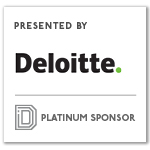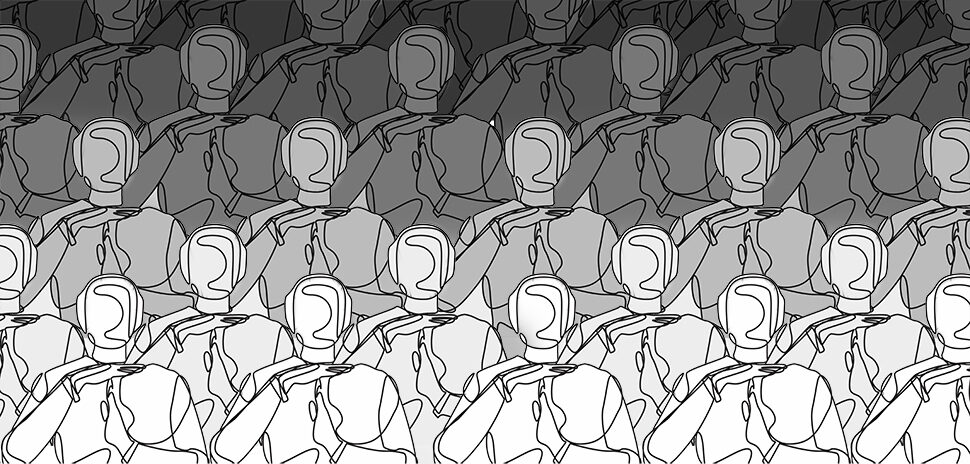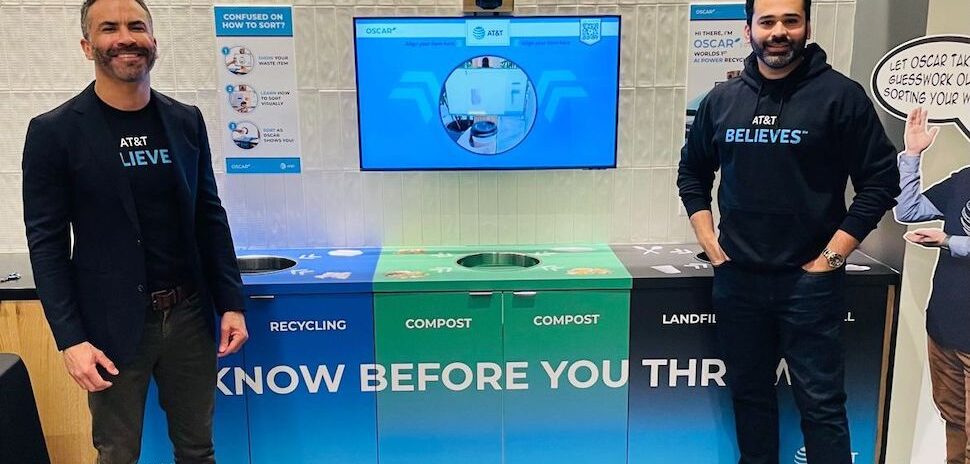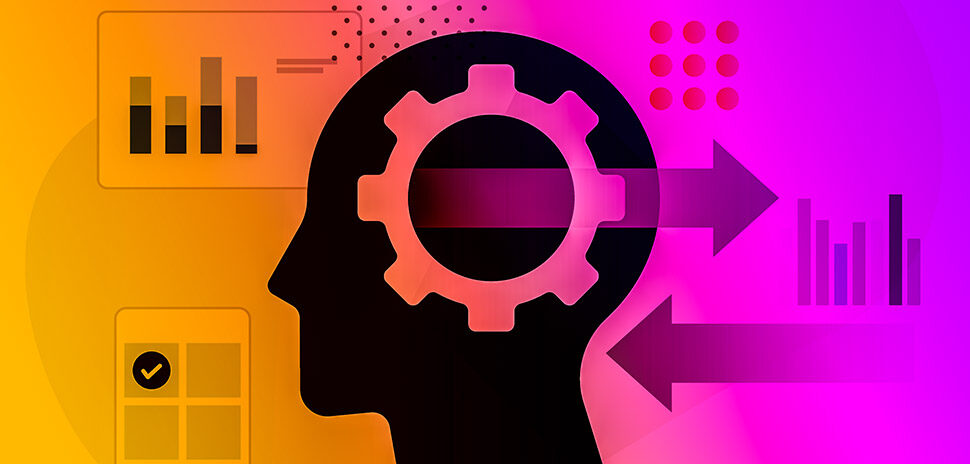 After decades as science fiction fantasy, artificial intelligence (AI) has made the leap to practical reality and is quickly becoming a competitive necessity. Yet, amidst the current frenzy of AI advancement and adoption, many leaders and decision-makers still have significant questions about what AI can actually do for their businesses.
After decades as science fiction fantasy, artificial intelligence (AI) has made the leap to practical reality and is quickly becoming a competitive necessity. Yet, amidst the current frenzy of AI advancement and adoption, many leaders and decision-makers still have significant questions about what AI can actually do for their businesses.
The AI Dossier highlights dozens of the most compelling, business-ready use cases for AI across six major industries. The dossier also includes several emerging AI use cases for each industry that are expected to have a major impact in the future. Reading through this collection should give you a much clearer sense of what AI is capable of achieving in a business context—now, and over the next several years—so you can make smart decisions about when, where, and how to deploy AI within your own organization (and how much time, money, and attention you should be investing in it today).
Today, we share a few ways AI creates business value and highlight three of the industry use cases.

[Image: Courtesy Deloitte]
Ways that AI creates business value
Looking across all AI use cases, there are six major ways that AI can create value for a business. We highlight a few of them here:
- Reduced complexity: Improving understanding and decision making through analytics that are more proactive, predictive, and able to see patterns in increasingly complex sources. Example: Reducing factory downtime by predicting machinery maintenance needs.
- Transformed engagement: Changing the way people interact with technology, enabling businesses to engage with people on human terms rather than forcing humans to engage on machine terms. Example: Using conversational bots that can understand and respond to customer sentiment to address customer needs more effectively.
- Fueled innovation: Redefining where to play and how to win by using AI to enable innovative new products, markets, and business models. Example: recommending new product concepts and features based on customer needs more effectively.
- Fortified trust: Securing a business from risks such as fraud and cyber – improving quality and consistency while enabling greater transparency to enhance brand trust. Example: Identifying and anticipating cyber-attacks before they occur.
To explore some of the most compelling use cases in six major industries, see below:
Telecom, Media & Entertainment
For the full AI Dossier or more information on Deloitte’s AI insights, other use cases and to better educate your organization on where you can start to create business value through AI, click here.
About Deloitte
Deloitte refers to one or more of Deloitte Touche Tohmatsu Limited, a UK private company limited by guarantee (“DTTL”), its network of member firms, and their related entities. DTTL and each of its member firms are legally separate and independent entities. DTTL (also referred to as “Deloitte Global”) does not provide services to clients. In the United States, Deloitte refers to one or more of the US member firms of DTTL, their related entities that operate using the “Deloitte” name in the United States and their respective affiliates. Certain services may not be available to attest clients under the rules and regulations of public accounting. Please see www.deloitte.com/about to learn more about our global network of member firms.
![]()
Get on the list.
Dallas Innovates, every day.
Sign up to keep your eye on what’s new and next in Dallas-Fort Worth, every day.

































